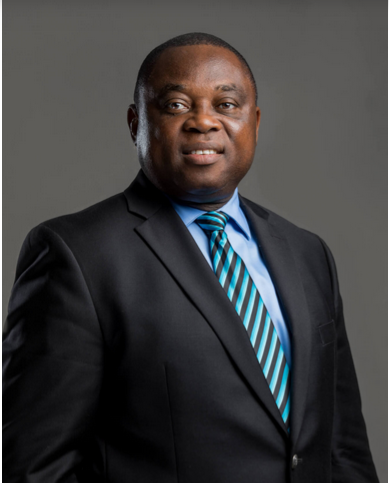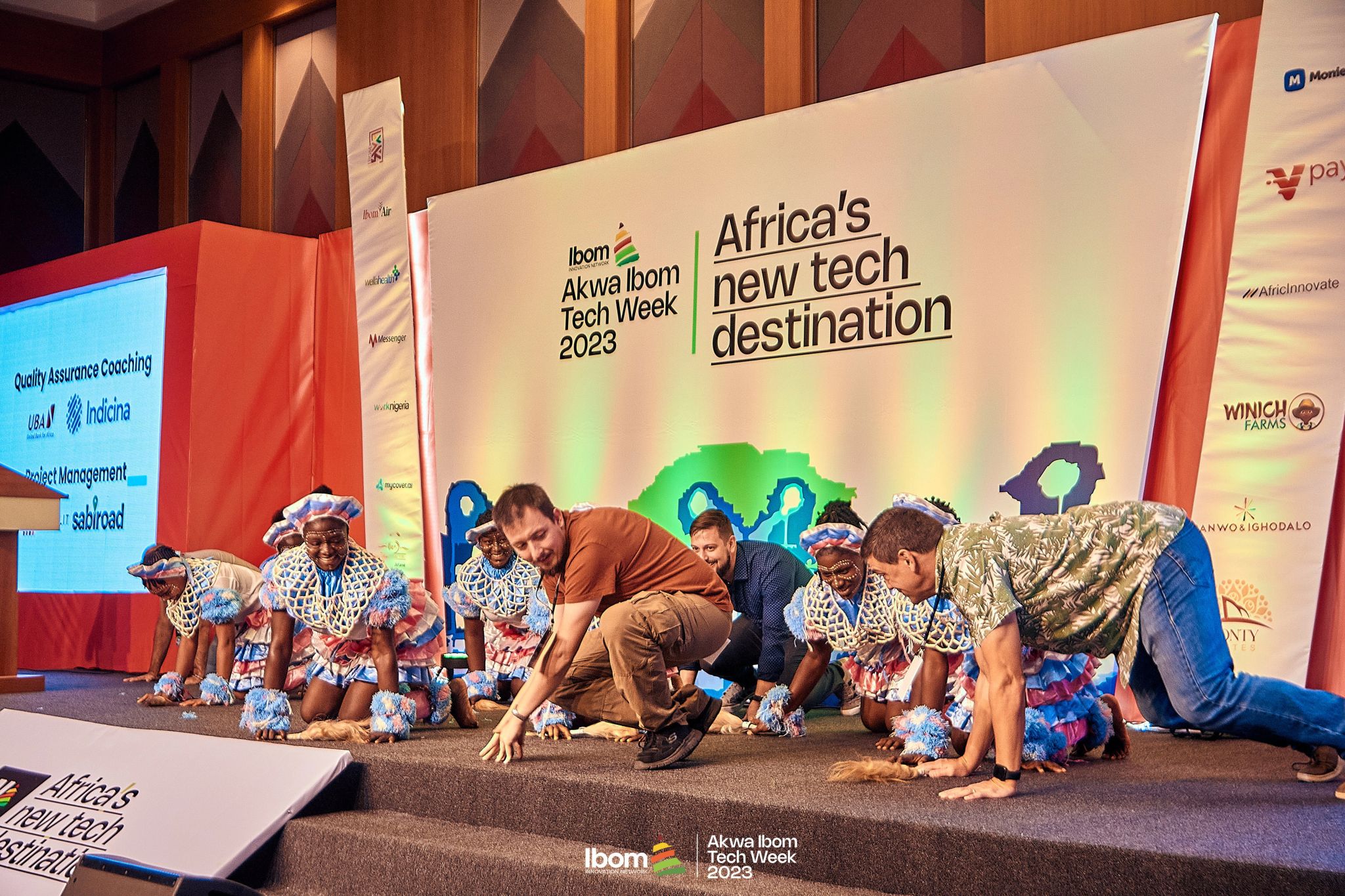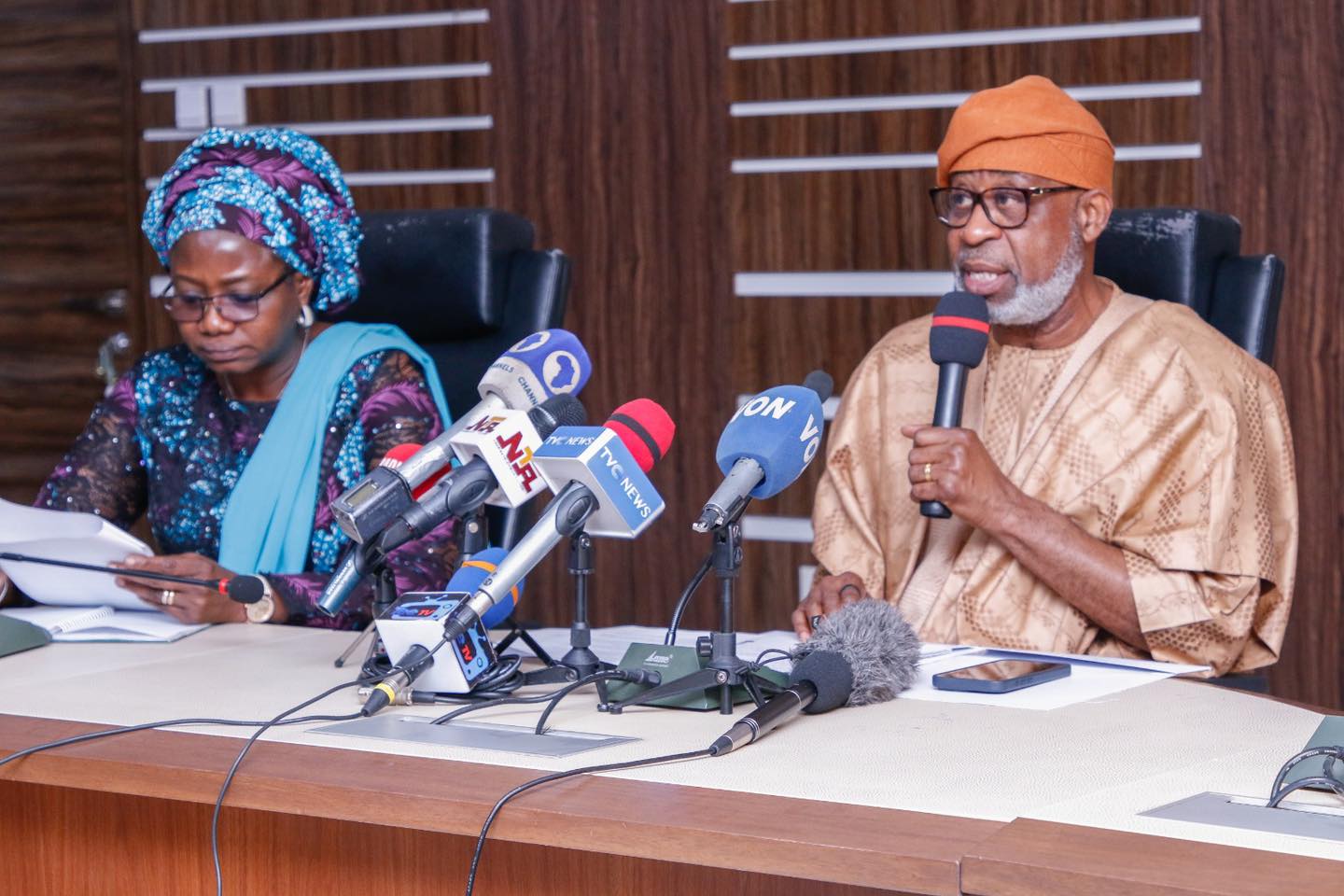In this media chat, Chuks Onyebuchi, the Chief Executive Officer of Union System Limited an indigenous fintech and software development firm with “solid” footprints in financial sector in Nigeria and beyond talks about their various solutions in Nigerian banks and how they have been able to deploy world-class financial trading solutions with robust support system. He talks about other issues bedeviling the industry such as dearth of human capacity and skills and perception of Nigerians towards indigenous software. Anthony Nwosu captures this in an exclusive interview.
Union System Limited has been in the ICT ecosystem for some time, can we know the journey so far?
USL has been a player in the delivery of financial software solutions to financial institutions for over 2 decades, in this time, we have seen a steady increase in the intricacies of software requirements from these institutions as their process have evolved to suit the increasing sophistications of their customers. This has inevitably brought about the demand for more efficient but simpler to use solutions, this is what USL prides herself in being able to continuously deliver.
Can you consider yourself as a Fintech considering that you deal with Trade Finance Software?
Yes, USL is a financial technology provider, we however deal primarily at the provision of business to business (B2B) enterprise financial software solutions. These solutions have a longer development cycle, a longer implementation cycle and are very integral to achieving the objectives of the financial institutions that adopts them.
You have deployed your solutions for notable financial houses and banks such as Access, Coronation, FCMB etc., how has this been?
These implementations and many others have not only been successful but have helped these banks meet their strategic objectives. Our solutions are very flexible and highly configurable eliminating almost completely the need for customizations. This has increased the rate of adoption within our client’s organization and faster return on investments (ROI).
You recently had a seamless integration to the CBN monitoring, can we know how this happened?
The TRMS is one of several regulatory portals through which the CBN monitors specific international trade and treasury related transactions. Through collaboration with major financial institutions in Nigeria, we had integrated to similar regulatory portals such as the NSW, NCS and the NIBBS portal, so the integration of the TRMS portal was achieved with little challenges. It also helped that we were involved, also through our existing collaborations, with the testing of the initially release pilot version.
Do you think that Banks are investing much in IT infrastructure now that a lot of skills are leaving the country especially in the area of software development?
Yes, banks are investing more in technology as the volume and sophistication of the transactions and process they must do is increasing. However, banks should concentrate on banking and investing more in technology partners such as indigenous OEMs. Whichever way they choose to invest, whether directly into the business or by paying the right prices for indigenous software solutions, they would be saving money in the long run. These savings can take the form of little or no need to source for FX to pay for software solutions, the availability of local support, reduced maintenance cost, just to mention a few.
What is your take on capacity building in the industry?
We are losing a lot of talents to the sweeping “japa” syndrome engulfing us, as such more targeted social welfare initiatives must be invested in by both the public and private sectors to not only build new capacities but retain existing ones. If there are deliberate regulations in place to support home grown systems and they are paid appropriately for their solutions, these companies would in turn be able to pay those with the needed skillset commensurately with their international counterparts, ultimately reducing the brain drain plaguing the industry.
Do you think that Nigerians have the capacity to build a world-class software?
Definitely yes, USL has demonstrated this already with our flagship Kachasi international Trade Finance solution and our other financial solutions (Sakobia, Optimus, EGORA and tentacles). The same can be said about other sectors of the economy such as health, agriculture, education and so on where we have Nigerians driving change and competing effectively. As the support and adoption for world-class indigenous solutions, such as ours, increases, Nigerians will continue to break the glass ceiling and produce software that can compete on a global stage.
Kachasi, tell us how and where you have deployed this important trade software?
Kachasi is in production in 5 commercial and merchant banks in Nigeria today. We are in advanced stages of negotiation with several other banks in Nigeria and Kenya.
What is your support system like?
Our approach to support starts with building capacities within the banks right from the implementation stage thereby ensuring a formidable first line of support from within and that the right sense of ownership is attained before the end of the implementation project. Where the bank is unable to solve the problem with its first line of support, the issue is logged on our support portal, ISURA, where our team of experts representing a second line of support are available for prompt resolution.
ISURA is accessible by all our clients 24/7 for receiving and managing support request and a dedicated support team that ensures that all support requests are attended to in the shortest time possible. We also provide premium level support services for clients with more intense support requirements.
Did you build Trade-X, Isura and Optimus as software and what are the advantages?
Yes, Kachasi (previously Trade-X), Optimus (Single and multibank), Isura, Sakobia, Tentacles and Egora were all designed and developed by USL in our Lagos, Nigeria Head office. A major advantage of adopting our solutions is the elimination of the need to source for FX to license them. Our multiple decades of experience and understanding of the challenges of a particular market coupled with the ease of configuring a system to adapt to that market while providing international/standard best practices guarantees that all our solutions give the needed advantage to our clients and partners.
What differentiates your Tentacles software from others?
Tentacles is our Enterprise Service Bus (ESB) managing integrations and interoperability between diverse applications, channels, and portals both within and external to a financial institution. The drag and drop simplicity of setting up mediation for multiple message types, real time monitoring of all integration nodes and channels, and the very friendly user interfaces, requiring no technical knowledge are some of its advantages.
Can we know the challenges that you face as an organization?
Every sector has its peculiar challenges, I’d like to believe that one of the major challenges with the sector we operate in is that of a mindset. A lot of decision makers still believe that foreign solutions are always better than indigenous ones, and that the indigenous solutions are synonymous with less quality, this is not true for us as Union Systems. There is also this believe that indigenous software must be cheap because it is indigenous. What most people fail to realize is that the skillset required to create a software abroad is the same required in Nigeria. This is important because we must pay our people commensurably with their counterparts . This faulty mindset and low pricing push local software providers to lower their standards thereby creating products that are subpar when compared to their international counterparts. Ultimately there needs to be a concerted effort in the push for more partnership with credible and experienced local OEM and in turn increased adoption of indigenous solutions.
We are losing a lot of talents to the sweeping “japa” syndrome engulfing us, as such more targeted social welfare initiatives must be invested in by both the public and private sectors to not only build new capacities but retain existing ones. If there are deliberate regulations in place to support home grown systems and they are paid appropriately for their solutions, these companies would in turn be able to pay those with the needed skillset commensurately with their international counterparts, ultimately reducing the brain drain plaguing the industry.

















